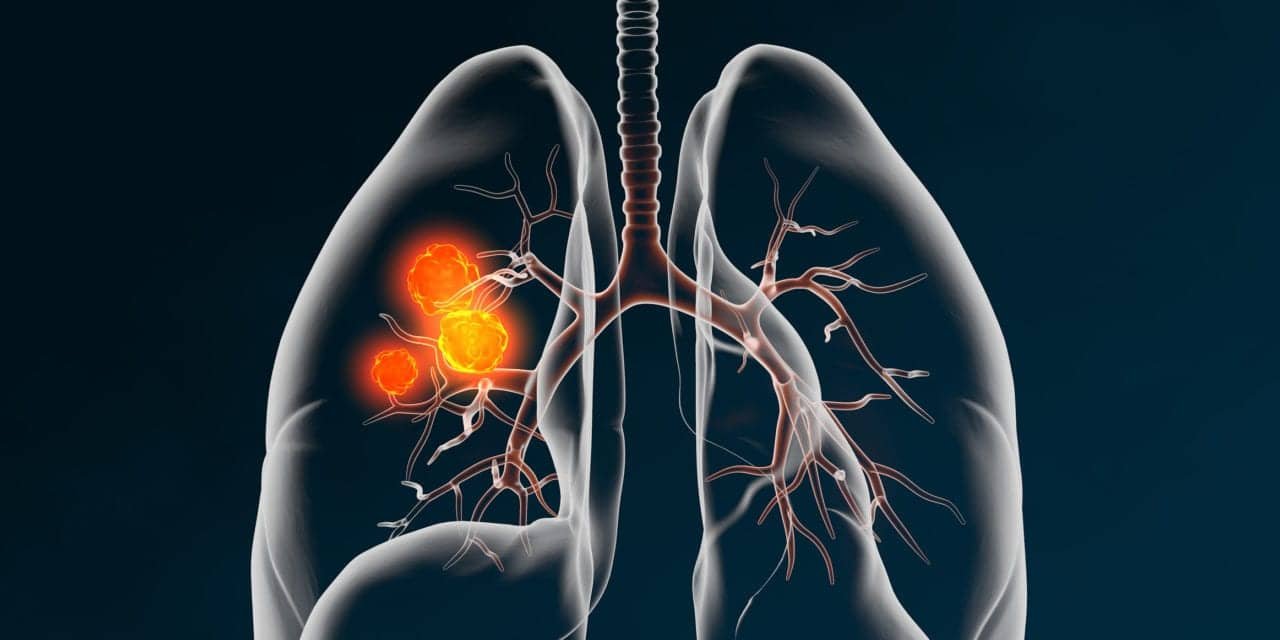Explore our featured news items here. Subscribe to stay informed of all information shared and published by OHC.
Sponsor appreciation:
You’re invited to explore and join Physician Factor, a knowledge exchange network is a dedicated portal for physicians seeking opportunities to contribute their expertise and input in exchange for compensation and supplemental income.
You can search articles using your own keywords or the following tags: Lung Cancer | Breast Cancer | Drugs and Therapies | Cancer General

Telehealth Peer Support Effective for Young Cancer Patients, Study Finds
A pilot study confirms telehealth peer support effectively combats social isolation in young cancer patients, with a strong preference for virtual groups over in-person meetings. Participants reported high satisfaction and significant reductions in feelings of loneliness.

Unraveling the Rise: IARC's Focused Effort on Young-Onset Colorectal Cancer in 2025 Awareness Campaign
The International Agency for Research on Cancer (IARC) is directing its 2025 Colorectal Cancer Awareness Month efforts towards the alarming rise in young-onset cases, focusing on research to understand and combat this growing trend. This initiative highlights IARC's commitment to unraveling the complex factors driving this surge and developing effective strategies for early detection and prevention.

World Cancer Day: United by Unique, Fighting Cancer Together
World Cancer Day, observed annually on February 4th, unites the globe in raising awareness about cancer and inspiring action towards a healthier future. This year's theme, "United by Unique," emphasizes the individual journeys of those affected by cancer, highlighting the need for personalized care and collective efforts to overcome this global challenge.

Alcohol's Link to Cancer: A Growing Concern
Despite the common perception that moderate drinking is harmless, the U.S. Surgeon General has issued a stark warning: no amount of alcohol is safe without increasing cancer risk. Alcohol is now the third leading preventable cause of cancer in the U.S., contributing to a higher risk of at least seven types of cancer.

Breast Cancer Increasing Among Younger Women, Latest Data Show
A recent report from the American Cancer Society highlights concerning trends in breast cancer, with rates rising by 1% annually between 2012 and 2021, particularly among younger women and Asian American and Pacific Islander populations. Despite advances in early detection and treatment, the disease remains the second leading cause of cancer death in women, with significant racial and ethnic disparities in outcomes still persisting.

November is Lung Cancer Awareness Month: Join the AACR in Advancing Research for Prevention and Treatment
November is Lung Cancer Awareness Month, highlighting the urgent need for research and action to prevent and treat lung cancer, the leading cause of cancer death in the United States. The AACR is actively supporting groundbreaking research and advocating for policies to reduce smoking-related cancers and improve outcomes for those diagnosed with the disease.

Emerging Use of Weight Loss Drugs in Cancer Treatment
Recent interest suggests that these antiobesity drugs could play a role in cancer care. Although data supporting the use of GLP-1 agonists for weight loss in cancer patients is limited, some oncologists are beginning to explore their application and study their effects.

A New Artificial Intelligence Tool for Cancer
Scientists at Harvard Medical School have designed a versatile, ChatGPT-like AI model capable of performing an array of diagnostic tasks across multiple forms of cancers.

Screening People at High Risk for Pancreatic Cancer May Help Them Live Longer
For people who are at high risk of developing pancreatic cancer, regular imaging tests to monitor the pancreas may help detect the disease at an earlier stage than when pancreatic cancer is typically diagnosed in the general population, according to a new study.

Oncologists Should Re-Evaluate Cancer Treatments Near End of Life
Systemic treatment of cancer patients near end of life does not improve survival rates, according to a new study from researchers at Yale Cancer Center (YCC) and the University of Texas MD Anderson Cancer Center.

Evolving Treatment Paradigms in Multiple Myeloma Could Improve Patient Outcomes
The second most common blood cancer, is shifting rapidly, with newly diagnosed patients increasingly being treated with a four-part drug combination that includes a new immunotherapy agent.



Scientists Employ AI To Predict Brain Cancer Outcomes
Stanford Medicine scientists and colleagues create an algorithm that could help physicians better understand and target complicated brain tumors.

Expanding the Impact of CAR T Cell Therapy: An Immunotherapy Strategy Against All Blood Cancers
A broad new strategy could hold hope for treating virtually all blood cancers with CAR T cell therapy, which is currently approved for five subtypes of blood cancer. Scientists in the Perelman School of Medicine at the University of Pennsylvania have demonstrated the potential efficacy of this approach in preclinical tests.

A New Targeted Treatment Shows Promise for Select Patients with Stomach Cancer
An international phase 3 clinical trial, done in participation with Weill Cornell Medicine and New York-Presbyterian, found that a new targeted treatment called zolbetuximab, given in combination with a standard chemotherapy, extended survival for patients with advanced gastric or gastroesophageal junction cancer that overexpressed a specific biomarker. If approved, zolbetuximab will be the first targeted therapy in the U.S. for patients with previously untreated advanced gastric or esophageal junction cancer that is human epidermal growth factor receptor 2 (HER2)-negative and overexpresses the protein claudin-18 isoform 2 (CLDN 18.2).

THIO Followed by Cemiplimab Shows Early Promise in Advanced NSCLC
The sequential combination of THIO (6-thio-2’-deoxyguanosine) and cemiplimab (Libtayo) provided a progression-free survival (PFS) benefit in the first 2 patients with advanced non–small cell lung cancer (NSCLC) enrolled to the part A safety lead-in portion of the phase 2 THIO-101 trial (NCT05208944).

First Test Of Anti-Cancer Agent PAC-1 In Human Clinical Trials Shows Promise
A phase I clinical trial of PAC-1, a drug that spurs programmed cell death in cancer cells, found only minor side effects in patients with end-stage cancers. The drug stalled the growth of tumors in the five people in the trial with neuroendocrine cancers and reduced tumor size in two of those patients. It also showed some therapeutic activity against sarcomas, scientists and clinicians report in the British Journal of Cancer.

NCI Study Advances Personalized Immunotherapy For Metastatic Breast Cancer
An experimental form of immunotherapy that uses an individual’s own tumor-fighting immune cells could potentially be used to treat people with metastatic breast cancer, according to results from an ongoing clinical trial led by researchers at the National Cancer Institute’s (NCI) Center for Cancer Research.

Early Cancer Therapeutics Group
The Early Cancer Therapeutics Group at Mayo Clinic offers patients whose cancers haven’t responded to standard chemotherapy or other treatments the opportunity to join an early-phase clinical trial of a potential new treatment.

